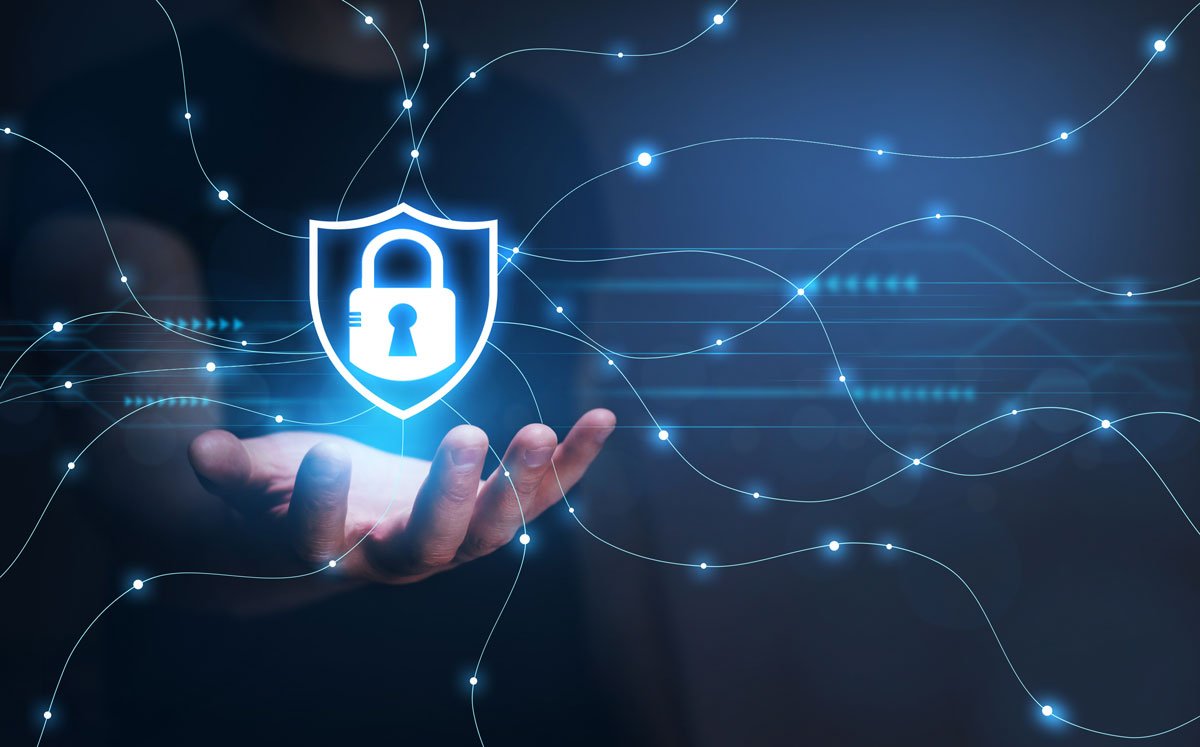
Cybersecurity is an ever-present challenge. Further public safety agencies are falling victim to high-profile cyberattacks. New pitfalls appear daily and security norms are constantly evolving.
As workforces contemporize and work with new digital tools, the openings for cyberattacks increase. Organizations are addressing the increased threat by investing in stronger controls and cybersecurity budgets. According to Cybersecurity gambles, a leading cybersecurity exploration establishment, associations spent an estimated$262.4 billion on global cybersecurity in 2021. This is very important for infrastructure security.
Despite the complexity and expenditure of cybersecurity, there are three critical factors to guarding networks, architectures, operations, products, and data
• Confidentiality — You need to know your data is defended from unauthorized access.
• Integrity — You have to be suitable to trust your data.
• Availability — You need to be suitable to pierce your data.
Confidentiality
Is your data defended from unauthorized access?
Following the principle of least-honor, users should only have the read, write, and execute warrants that are necessary for their jobs. Because public safety agencies handle sensitive information, confidentiality is frequently frontal- of- mind for agencies, community members, and oversight associations.
To ensure data confidentiality, agencies should
• Conform with all FBI Criminal Justice Information Services( CJIS) guidelines
• Follow the practice of least-honor access, where workers can only pierce the data they need for their job duties — no more, no lower
• Accreditation cybersecurity training for agency workers
• apply an identity access operation program, including identity and honor access operation,multi-factor authentication( MFA), SSO, and regular access reviews
• apply secure word guidelines
• Encrypt data and use translated connections to pierce data
Integrity
Is your data defended against unauthorized changes?
Like a pupil penetrating academy systems and changing their grades, cyberattackers can pierce charge-critical systems and change and remove data. Public safety agencies calculate data to make informed opinions and serve their community, and incorrect data can lead to expensive miscalculations.
To cover data integrity, agencies should
• Work with structure providers who store data in physically secure locales
• Encrypt data and securely store the encryption key
• Inspection data access and changes regularly
• Use cyber analysis tools to cover the inflow of information and users into, through, and out of your systems, and address irregularities snappily.
• produce a data backup and restoration strategy. For this ensuring infrastructure security is very important.
• estimate data integrity strategy and adherence to stylish practices frequently
Availability
Can authorized users access data when and where they need to?
Availability is compromised when the waiters storing your data are offline or when remote access to waiters is limited or unapproachable. While some government systems, like a wastewater SCADA system, can operate in an air-gapped terrain ( that is, not connected to the internet or other systems), public safety technologies must be connected to the internet and other agency systems to effectively collect, update, and share information.
To ensure data availability, agencies should
• Run regular quality control tests to corroborate availability
• Maintain tackle and software through regular conservation, upgrades, and patches
• Choose cloud-native systems, which reduce time-out through a nonstop delivery development approach
• exclude siloed, single-function, and monolithic operations, and apply multi-functional, interoperable operations and systems
• produce connection redundancies so dispatches continue during an internet service provider outage
The three rudiments demanded to cover charge-critical systems
There’s an adage that says, “ A tripartite cord is hard to break. ” Confidentiality, integrity, and availability work together to give a functional and secure terrain for charge-critical systems and data.
One way to bolster the confidentiality, integrity, and availability of your charge-critical systems is by using cloud-native technologies from cyber-smart merchandisers. Cloud-native technologies, like Mark43’s records operation system( RMS), computer-backed dispatch( CAD), and analytics platform strengthen the confidentiality, integrity, and availability by
• using the moxie of government pall providers
• furnishing system updates and upgrades with zero time-out
• Offering access from anywhere there’s a secure internet connection — and capabilities to help keep you working when there’s not
• Validating data through cloud-computing capabilities
• Conducting regular vulnerability and penetration testing
